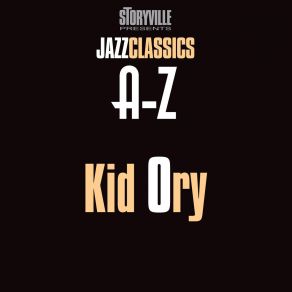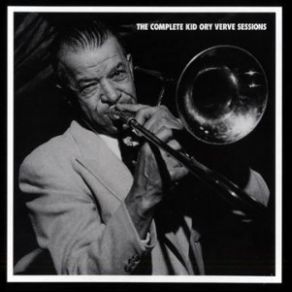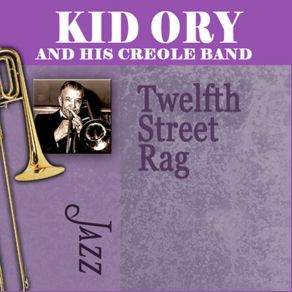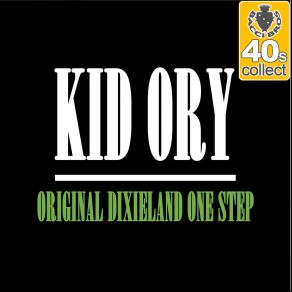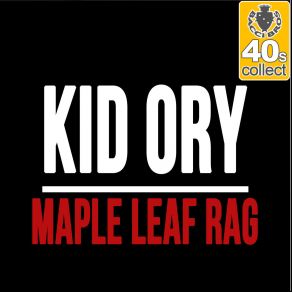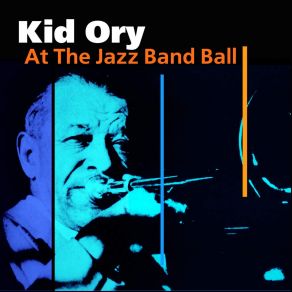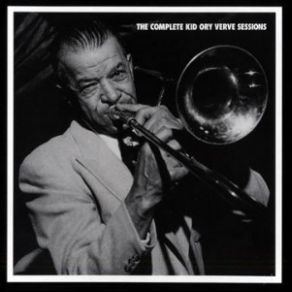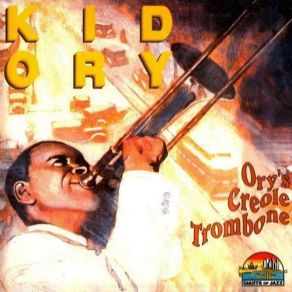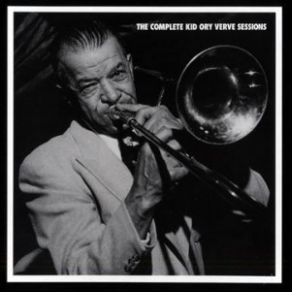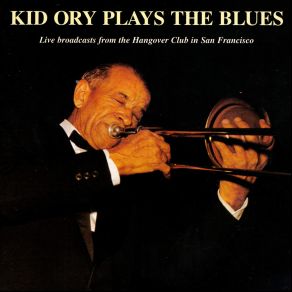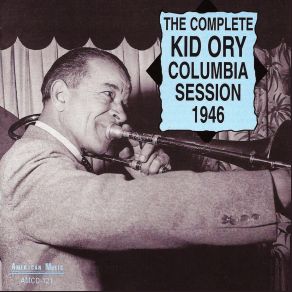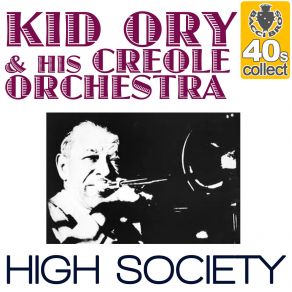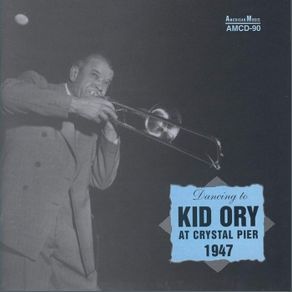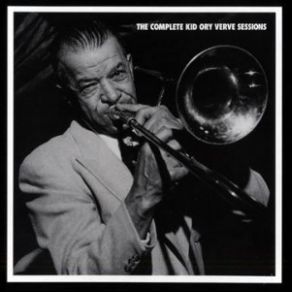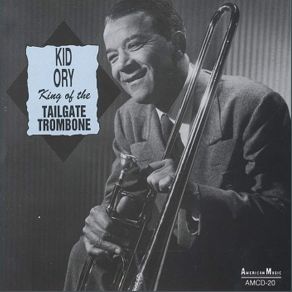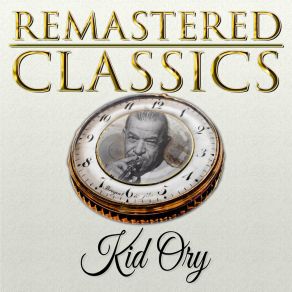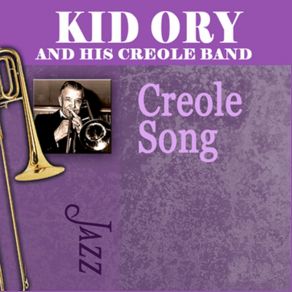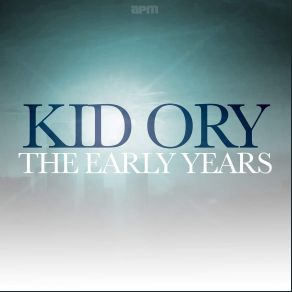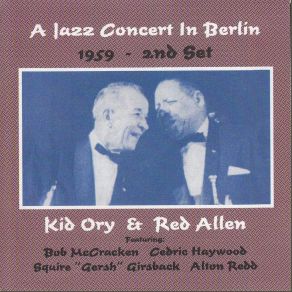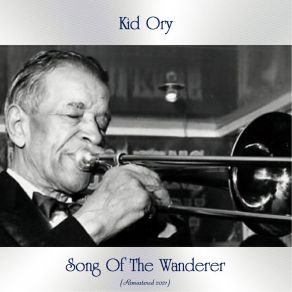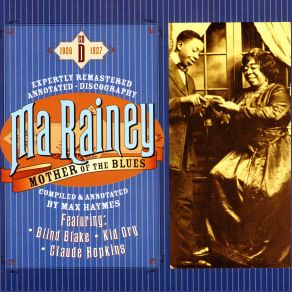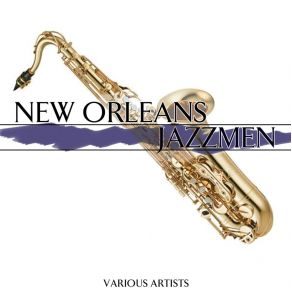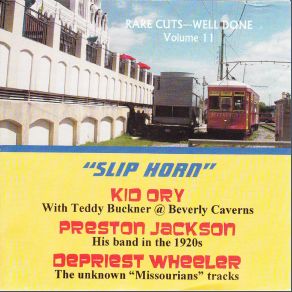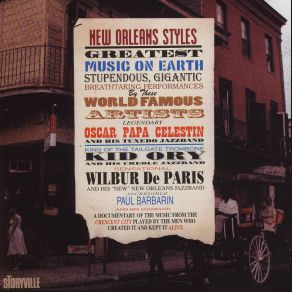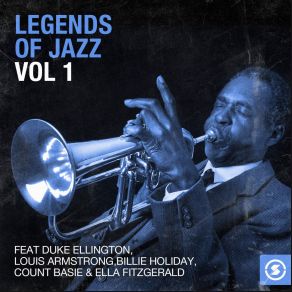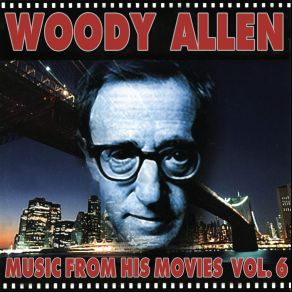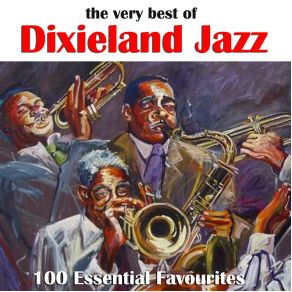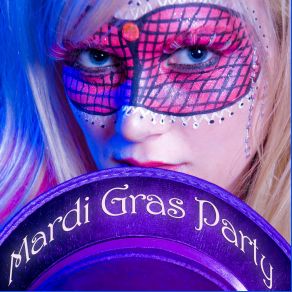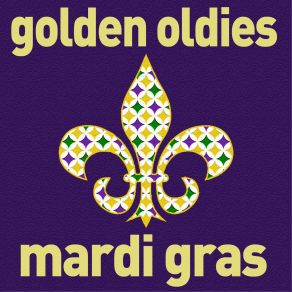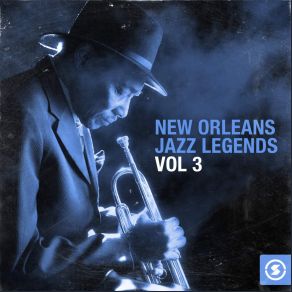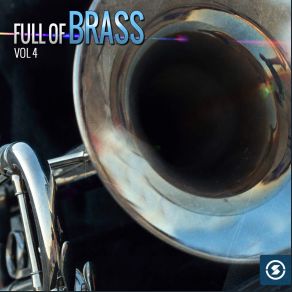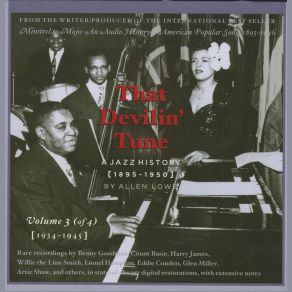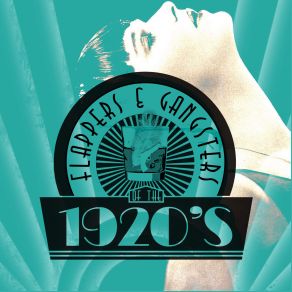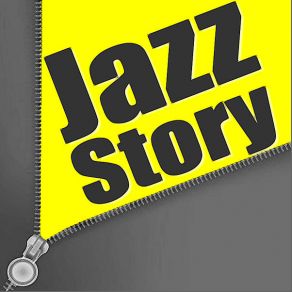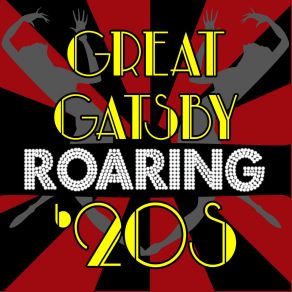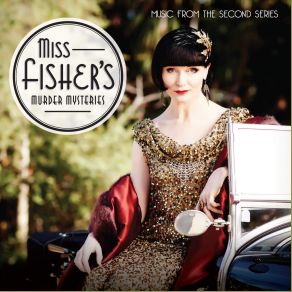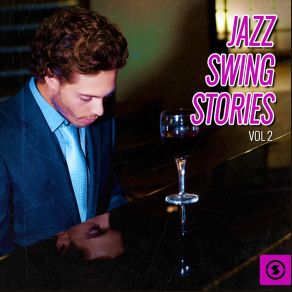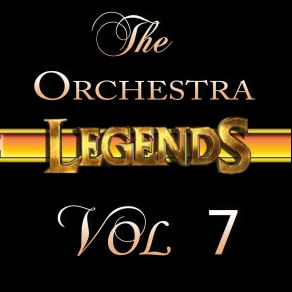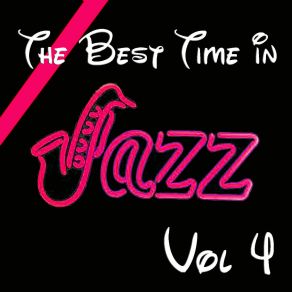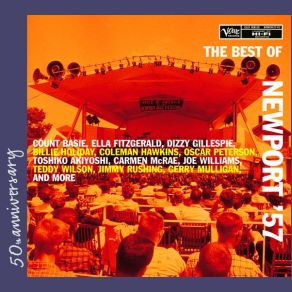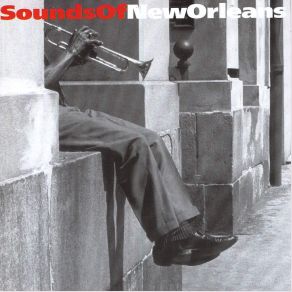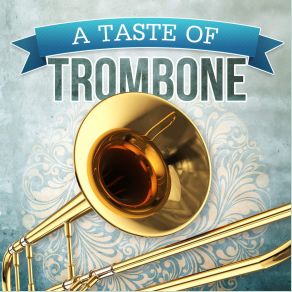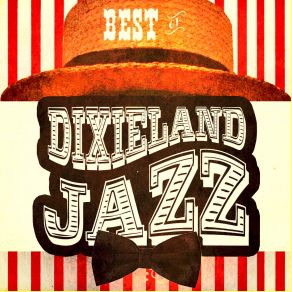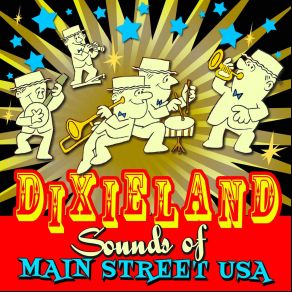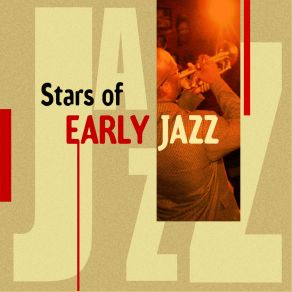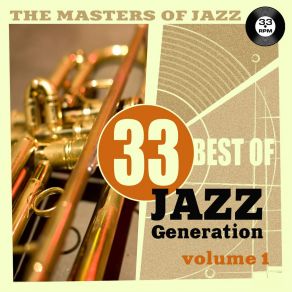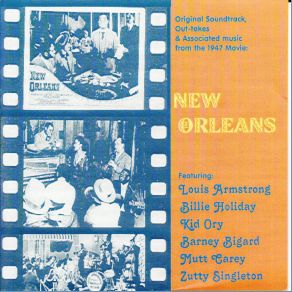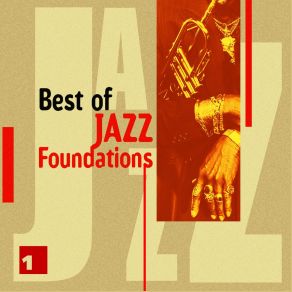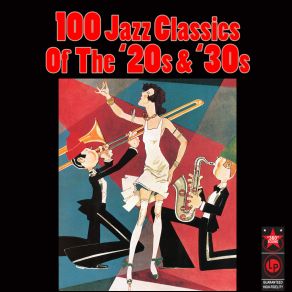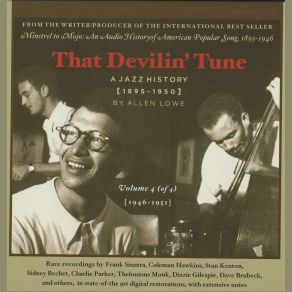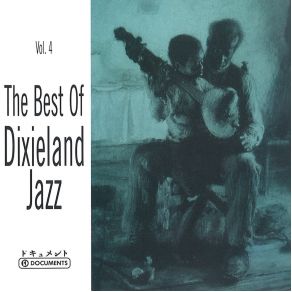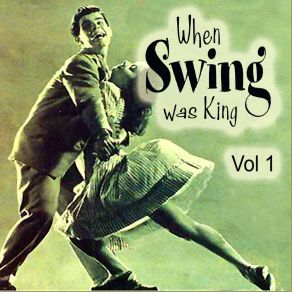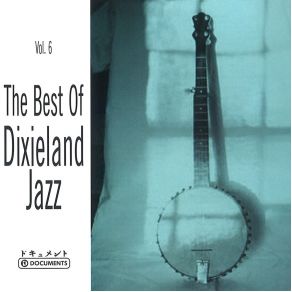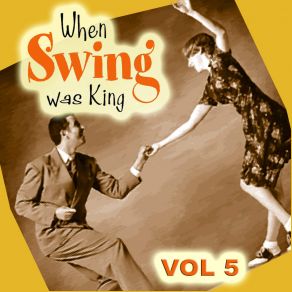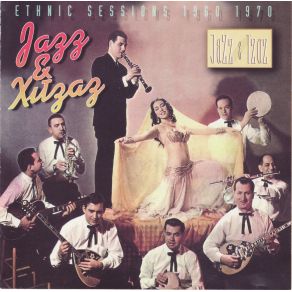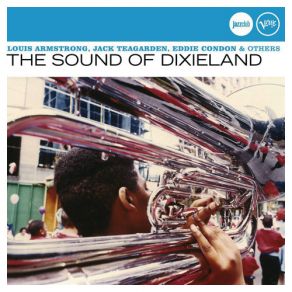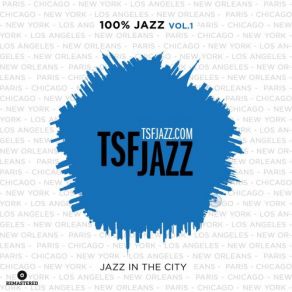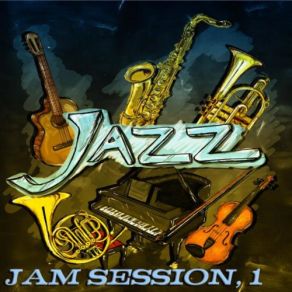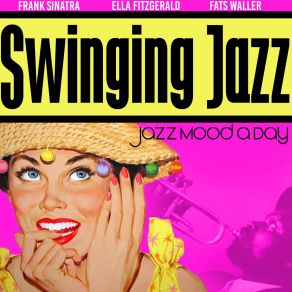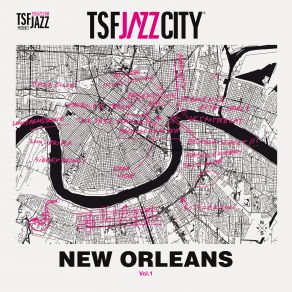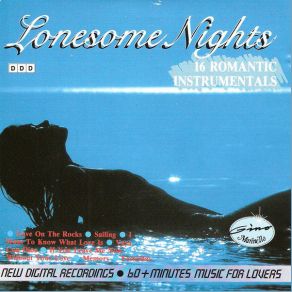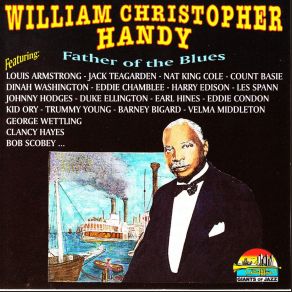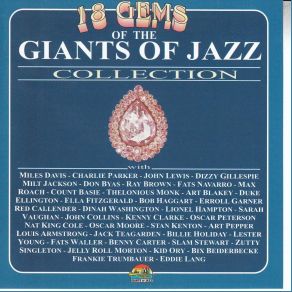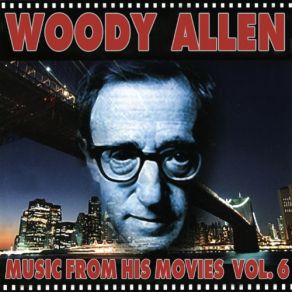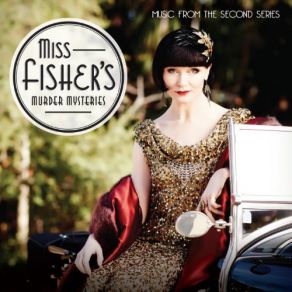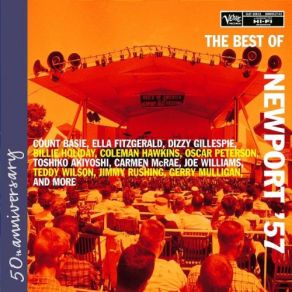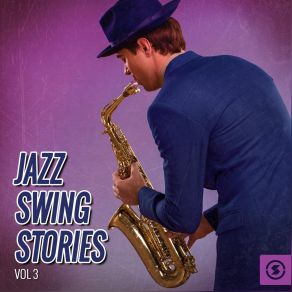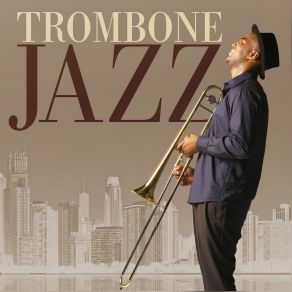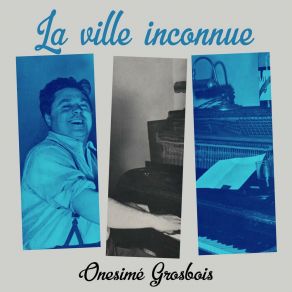Kid Ory
Wikimp3 information about the music of Kid Ory. On our website we have 70 albums and 55 collections of artist Kid Ory. You can find useful information and download songs of this artist. We also know that Kid Ory represents Jazz genres.
Biography
[Edit]Kid Ory was one of the great New Orleans pioneers, an early trombonist who virtually defined the "tailgate" style (using his horn to play rhythmic bass lines in the front line behind the trumpet and clarinet) and who was fortunate enough to last through the lean years so he could make a major comeback in the mid-'40s. Originally a banjoist, Ory soon switched to trombone and by 1911 was leading a popular band in New Orleans. Among his trumpeters during the next eight years were Mutt Carey, King Oliver and a young Louis Armstrong and his clarinetists included Johnny Dodds, Sidney Bechet, and Jimmie Noone. In 1919, Ory moved to California and in 1922 (possibly 1921) recorded the first two titles by a Black New Orleans jazz band ("Ory's Creole Trombone" and "Society Blues") under the band title of Spike's Seven Pods of Pepper Orchestra. In 1925 he moved to Chicago, played regularly with King Oliver, and recorded many classic sides with Oliver, Louis Armstrong (in his Hot Five and Seven), and Jelly Roll Morton, among others.
The definitive New Orleans trombonist of the 1920s, Ory (whose "Muskrat Ramble" became a standard) was mostly out of music after 1930, running a chicken ranch with his brother. However in 1942 he was persuaded to return, and after a stint with Barney Bigard's group, he formed his own band. Ory's group was featured on Orson Welles' radio show in 1944 and the publicity made it possible for the band to catch on. The New Orleans revival was in full swing and Ory (whose group included trumpeter Mutt Carey and clarinetists Omer Simeon or Darnell Howard) was still in prime form. He appeared in the 1946 film New Orleans (and later on in The Benny Goodman Story) and worked steadily in Los Angeles. After Mutt Carey departed in 1948, Ory used Teddy Buckner, Marty Marsala, Alvin Alcorn (the perfect musician for his group), and Red Allen on trumpets and his Dixieland bands always boasted high musicianship (even with the leader's purposely primitive style) and a consistent level of excitement. They recorded regularly (most notably for Good Time Jazz) up to 1960 by which time Ory (already 73) was cutting back on his activities. He retired altogether in 1966, moving to Hawaii.
Title: Live at the Beverly Cavern 1949, Pt. 1 (feat. Kid Ory's Creole Jazz Band)
Artist: Kid Ory
Genre: Jazz
Title: Kid Ory '44-'46 with Mutt Carey, Albert Nicholas, Barney Bigard and Leadbelly
Artist: Kid Ory
Genre: Jazz
Title: Live at the Beverly Cavern 1949 (feat. Kid Ory's Creole Jazzband)
Artist: Kid Ory
Genre: Jazz
Title: Echoes from New Orleans: The Tailgate Trombone
Artist: Kid Ory, The Creole Jazz Band
Genre: Jazz
Title: Live at the Beverley Cavern 1949 (feat. Kid Ory's Creole Jazzband)
Artist: Kid Ory
Genre: Jazz
Title: Jazz In Paris: Théâtre Des Champs-Élysées / Jazz In Paris: Theatre Des Champs-Elysees
Artist: Kid Ory
Genre: Jazz
Title: New Oreans Legends
Artist: Kid Ory, Bunk Johnson, Kid Ory And His Creole Jazz Band, His Band
Genre: Jazz
Title: Mother of the Blues, CD D
Artist: Blind Blake, Kid Ory, Ma Rainey, Claude Hopkins
Title: Slip Horn - Rare Cuts Well Done, Vol 11
Artist: Kid Ory, Preston Jackson, De Priest Wheeler
Genre: Jazz
Title: New Orleans Styles
Artist: Wilbur De Paris, Kid Ory, Paul Barbarin, Oscar Celestin
Collections
Title: Legends of Jazz, Vol.1
Genre: Jazz
Title: The Very Best of Dixieland Jazz
Genre: Jazz
Title: New Orleans Jazz Legends, Vol. 3
Genre: Jazz
Title: Full of Brass, Vol. 4
Genre: Jazz
Title: That Devilin' Tune: A Jazz History (1895-1950)
Genre: Jazz
Title: Flappers & Gangsters of the 1920's
Genre: Jazz
Title: Jazz Story 5
Genre: Jazz
Title: Jazz Swing Stories, Vol. 2
Genre: Jazz
Title: The Best of the Dixieland Bands Vol 3
Genre: Jazz
Title: The Orchestra Legends Vol 7
Genre: Jazz
Title: The Best Time in Jazz Vol 4
Genre: Jazz
Title: The Roots Of American Music-New Orleans
Genre: Hip Hop/R&B, Soul, Jazz
Title: Sounds of New Orleans, Vol. 1
Genre: Jazz
Title: A Taste of Trombone
Genre: Jazz
Title: Jazz on the Bayou
Genre: Jazz
Title: Best of Dixieland Jazz
Genre: Jazz
Title: Dixieland Classics
Genre: Jazz
Title: Dixieland! Sounds of Main Street, U.S.A.
Genre: Kids
Title: Stars of Early Jazz
Genre: Jazz
Title: The Masters of Jazz: 33 Best of Jazz Generation, Vol. 1
Genre: Jazz
Title: Best of Jazz Foundations Vol. 1
Genre: Jazz
Title: 100 Jazz Classics Of The '20s & '30s
Genre: Jazz
Title: Pure Gold - Greatest Dixieland Jazz, Vol. 1
Genre: Jazz
Title: New Orleans Jazz 1946-51, Vol. 2
Genre: Jazz
Title: Dixieland / New Orleans Jazz
Genre: Jazz
Title: When Swing was King Vol 6
Genre: Jazz
Title: Dixieland Memories
Genre: Jazz
Title: The Best Time in Jazz Vol 1
Genre: Jazz
Title: The Best of the Dixieland Bands Vol 1
Genre: Jazz
Title: When Swing Was King Vol 1
Genre: Jazz
Title: The Best Time in Jazz Vol 2
Genre: Jazz
Title: When Swing was King Vol 5
Genre: Jazz
Title: Discover Ragtime Jazz
Genre: Jazz
Title: A Beginners Guide to: Ragtime
Genre: Jazz
Title: The Ultimate Jazz Archive, Set 9
Genre: Jazz
Title: JAZZ & XITZAZ VOL. 1
Title: Homage To New Orleans (1946 - 1959)
Genre: Jazz
Title: The Sound Of Dixieland
Genre: Jazz, Vocal Jazz, Bossanova
Title: TSF 100% Jazz (Vol. 1: Jazz In The City) (CD1)
Genre: Jazz
Title: Jazz Jam Session, 1 (CD1)
Genre: Jazz
Title: Swinging Jazz (Jazz Mood A Day)
Genre: Jazz
Title: TSF Jazz City, Vol. 1: New Orleans
Genre: Jazz
Featuring albums
Title: William Christopher Handy: Father of the Blues (Giants of Jazz)
Artist: The Giants Of Jazz
Genre: Jazz
Title: Woody Allen - Music from His Movies, Vol. 6
Artist: Various Artists
Genre: Theatre/Soundtrack
Title: Miss Fisher's Murder Mysteries - Music from the Second Series
Artist: Various Artists
Genre: Theatre/Soundtrack
Title: Essential Jazz Classics - Iconic Performances From the Best of the Best
Artist: Various Artists
Genre: Jazz



